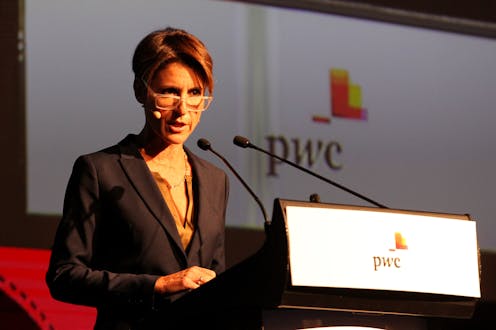Australian female correspondents on speaking truth to power
- Written by Sue Joseph, Associate Professor; Senior Research Fellow, University of South Australia

A confession: I am an academic and a journalist, but the name at the top of an article means little to me – whether my own, or anyone else’s. It never has. I am always far more interested in elegantly rendered content. Whether it’s written by a man or a woman is irrelevant.
This gender disregard may seem counterintuitive. But being a woman does not change the craft of journalism. I know it changes almost everything else, but to survive as a woman in many (if not most) industries needs a sense of bloody-mindedness about our right to be there, and a weary robustness born of battle.
Review: Through Her Eyes, edited by Melissa Roberts and Trevor Watson (Hardie Grant)
Does gender matter in journalism?
In their preface, the co-editors of Through Her Eyes, Melissa Roberts and Trevor Watson, touch on the sexism experienced by all female journalists.





